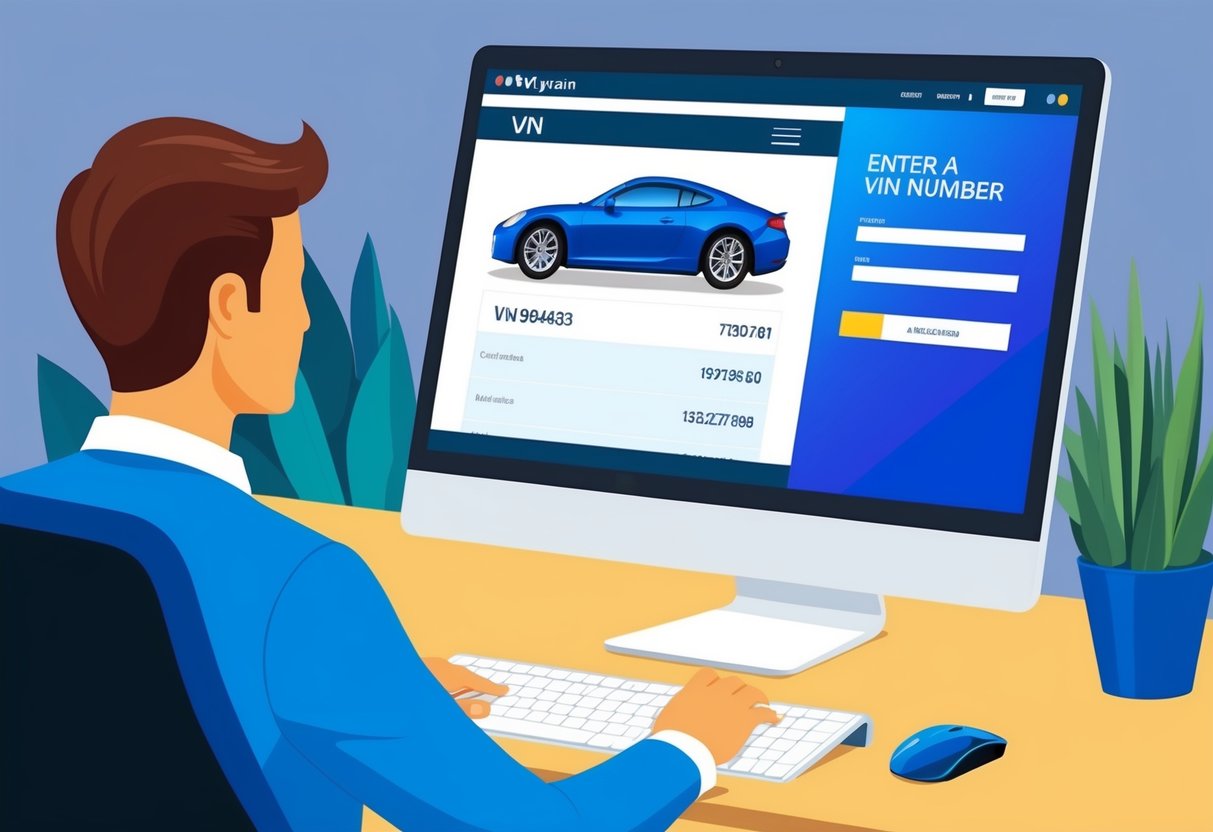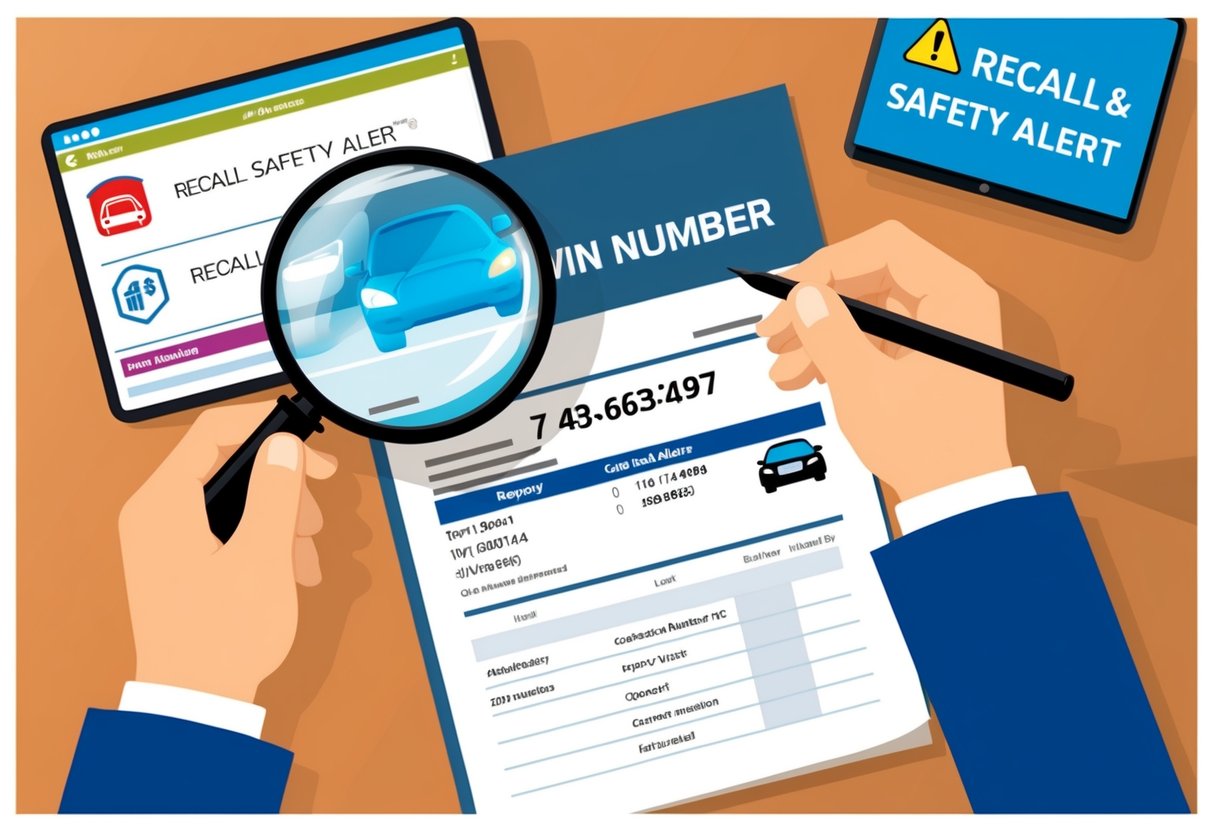
Identifying Previous Owners

Knowing the number of previous owners and whether a used car was sold by a private seller or a dealership gives important context about its history. Properly checking this information helps buyers make informed decisions and avoid unwanted surprises with ownership records or vehicle quality.
How Many Previous Owners
When researching a used car, identifying how many previous owners it has had is crucial. Vehicles with fewer previous owners often have more complete service records and may be better maintained.
A car with multiple prior owners can sometimes signal inconsistent care or frequent trade-ins due to underlying issues. The fastest way to find out the owner history is by obtaining a trusted vehicle history report.
This report, usually accessed using the VIN (vehicle identification number), will detail the number of registered owners and identify if the car was used privately, commercially, or as a rental. It’s a good idea to cross-check the VIN on the car with documents and reports to ensure accuracy.
Any discrepancies in the number of reported owners or mismatched details can be a red flag indicating possible odometer tampering or paperwork fraud.
Private Seller vs. Dealer
Whether a vehicle is being sold by a private seller or a dealer significantly influences the level of information disclosed and buyer protections available. Dealerships often provide complete ownership records and are obligated to meet stricter regulatory standards on vehicle disclosures.
Buying from a private seller can sometimes offer a lower price but may come with less transparency. Private sellers are not always required to provide a detailed history of the car, and they may have less paperwork documenting previous owners.
Before buying, buyers should always check that the VIN matches across all documents and request a full owner history. It’s wise to ask the private seller for past registration documents or maintenance receipts to verify owner changes over time.
Spotting Recalls and Safety Alerts

Buying a used car requires knowing whether open safety recalls or previous issues could put drivers at risk. Vehicle information and history reports make it possible to check for recalls linked to a specific car.
Active and Past Recalls
Recalls are issued by manufacturers or safety regulators when a defect or problem is found that impacts vehicle safety. An active recall means the vehicle still requires repair, while a past recall has already been addressed by an authorized dealer.
Shoppers should always run a vehicle identification number (VIN) through trusted sources to check for recalls. Sites such as CARFAX Canada let buyers enter the VIN and instantly see if any safety notices or recalls remain unresolved on the car.
Reviewing vehicle history reports is also recommended. These reports give details about recall campaigns, dates, and any records of the necessary repairs being completed.
It is important to look for both recent and older recalls as some issues may still be outstanding if previous owners did not follow through.
How to Respond to a Recall
If a vehicle history report, dealership, or recall checker identifies an active recall, owners should take immediate action. Contact an authorized dealership for the car’s make and schedule a free repair or remedy.
Manufacturers are obligated to fix recall-related defects at no charge. Buyers should confirm with the dealer that the work has been completed and ask for documentation of repairs or replacements.
It is wise to keep these records for insurance and resale purposes. Avoid purchasing or driving a used vehicle with an outstanding safety recall until the required repairs have been made.
Ensuring that recalls are resolved not only protects safety but may also affect insurance coverage and future value.